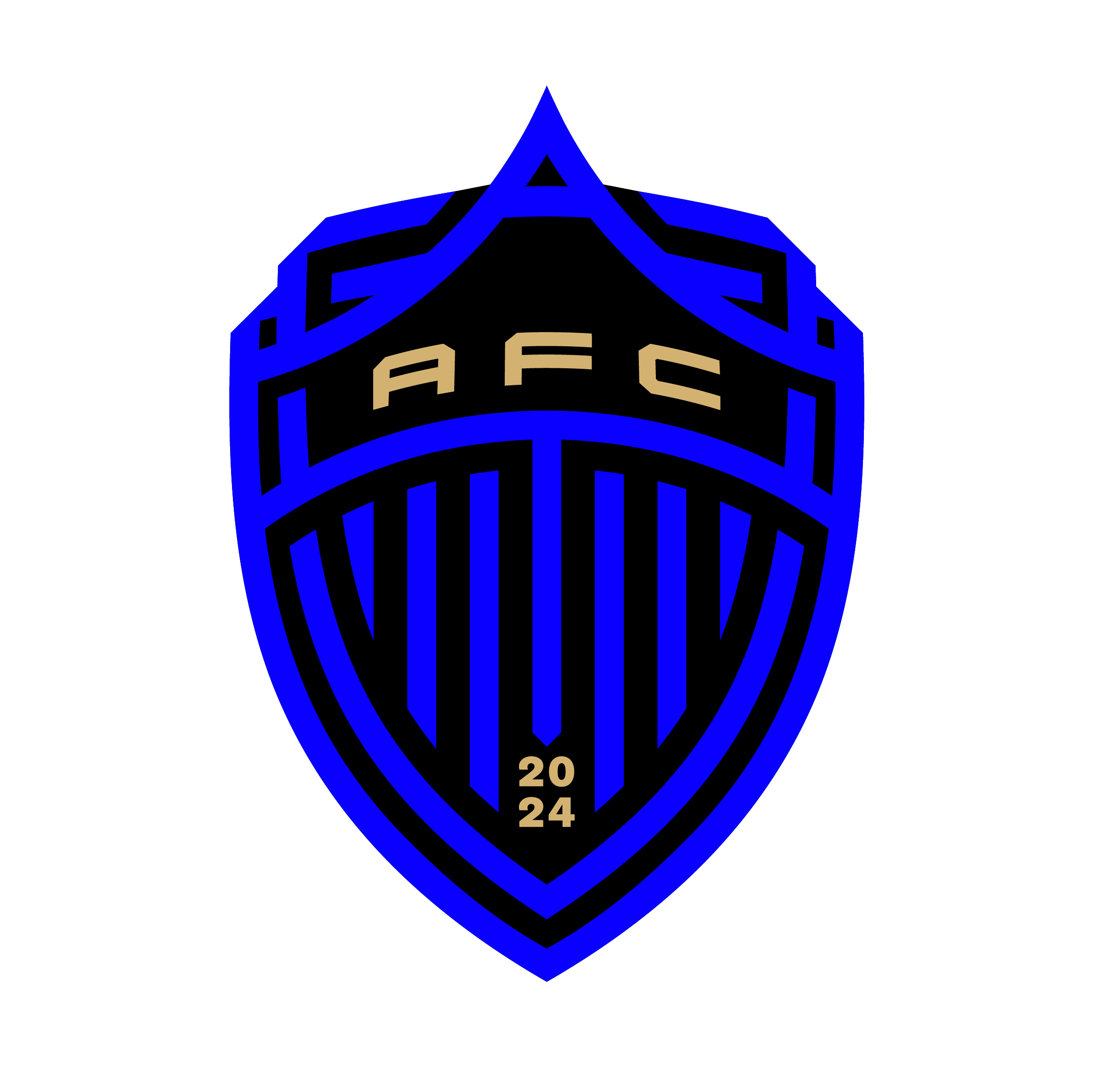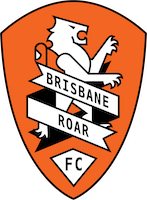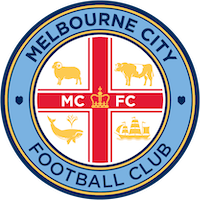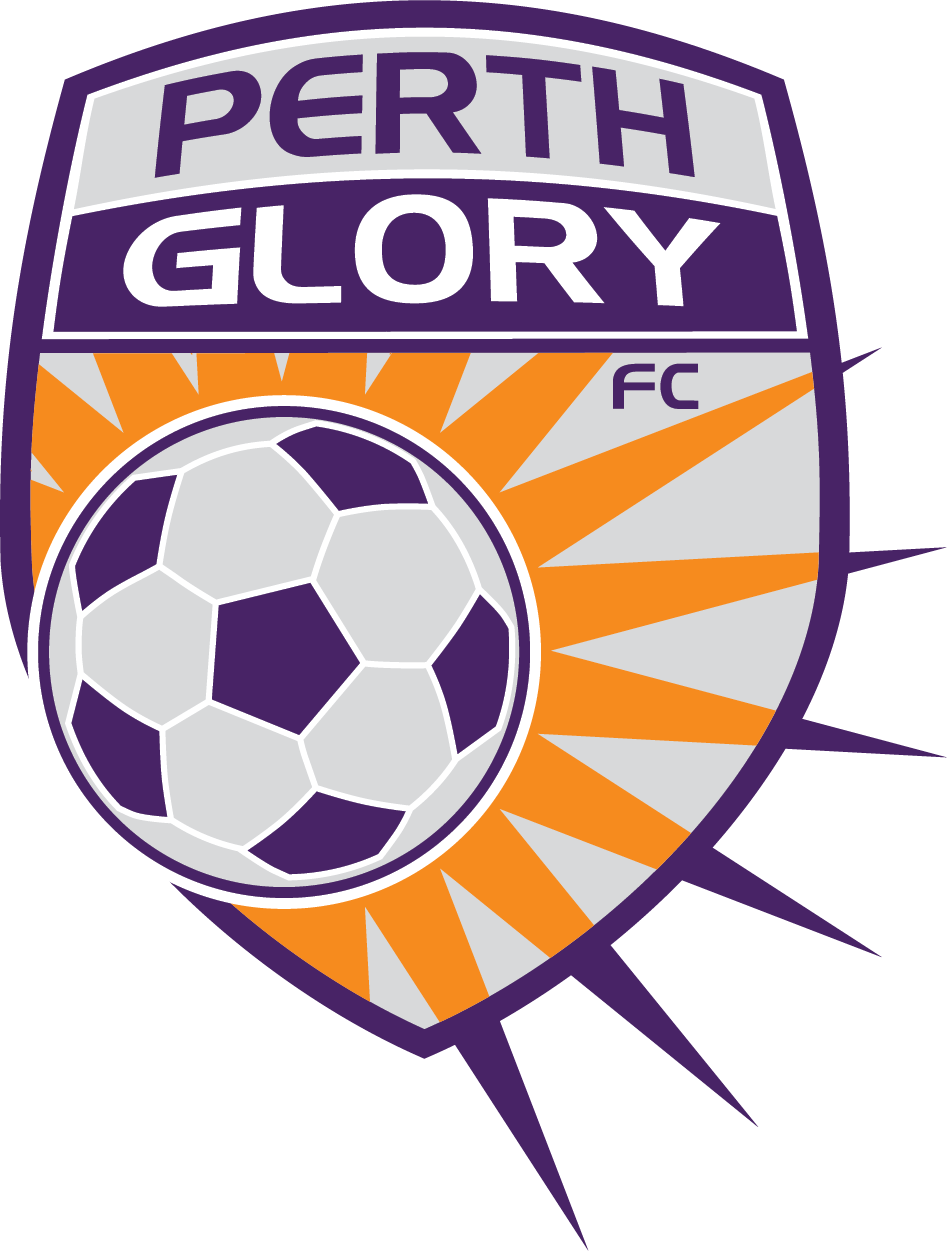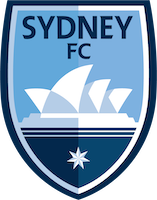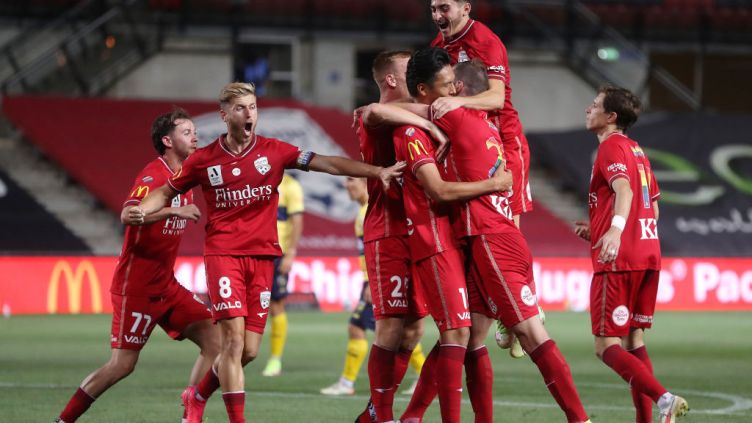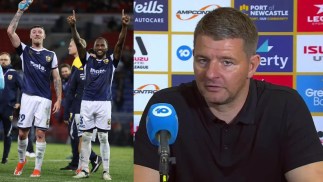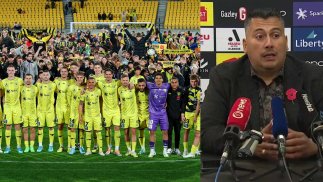This unique partnership between APL, the PFA and GoBubble aims to screen offensive and abusive content posted on social media about A-Leagues clubs and players.
On the surface it was a pair of football matches with a powerful message of inclusion and respect.
The inaugural A-Leagues Pride Game in February was a doubleheader hosted by Adelaide United as a celebration of the LGBTI+ community and the promotion of inclusivity, inspired by Adelaide defender Josh Cavallo’s decision to come out as the first openly gay male footballer in the world.
But in the background was a trial with the potential to play an equally influential role in combatting homophobia and other forms of abuse and discrimination – a move to make social media a far safer environment for footballers with a public profile.
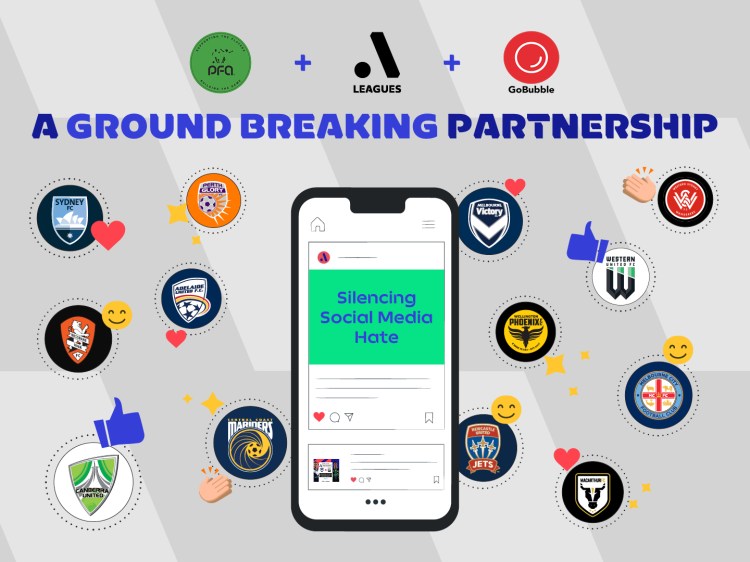
Using software developed by British company GoBubble Community, the A-Leagues and PFA are attempting to tackle a societal problem, where the anonymity of social media profiles allows for hateful comments to be made about figures in all walks of public life.
Over the weekend of the Pride Game, GoBubble Community’s software was trialled on the Twitter profiles of Adelaide United, Melbourne Victory and Central Coast Mariners – the clubs participating in the double header – shielding them from abusive, derogatory, harmful or offensive content.

The software monitors posts made to the accounts from other users, and screens offensive content so it isn’t seen by its target, or the target’s followers. The post is not deleted – the offender and their followers can still see it – but the reach and impact of the post is dramatically reduced, and the player or club targeted are protected as they are shielded from seeing it.
The trial was successful and now every club and every player in the A-Leagues will be brought into the program – what is believed to be a world first attempt by a sporting code to protect its participants in this way.
While debate rages around the commitment of social media companies to dealing with abuse and offensive content posted on their platforms, football has taken the lead in implementing what A-Leagues CEO Danny Townsend called a “duty of care” to its players and clubs.
”Football has a unique power to connect people from all walks of life, and we want the A-Leagues to be the most welcoming and safe place at every level – in our online communities and in real life,” he said.
“There is no place for online abuse in our game, and this move is part of our duty of care to players and our fans. GoBubble Community’s technology shields anyone who follows player, club and league accounts from seeing harmful abuse and keeps our communities safe.”
Cavallo said the effects on athletes of reading offensive comments is considerable, after reporting death threats made against him to police.
“No doubt social media can affect your mood, particularly if you’re being bullied or getting hateful comments online,” Cavallo told The Sydney Morning Herald.
“Everyone has the right to feel safe and treated with respect online and have a positive space to share who we are as people and as footballers. Everyone’s story is different and unique.
“What the PFA and the A-League have done is fantastic – actually taking into account the harm of abuse in the lives of footballers. I commend them on making everyone feel protected, so we can all have the benefits of being who we are on and off the field.”
GoBubble Community believes its technology has almost complete efficacy, and founder Henry Platten said the move to involve the whole of the A-Leagues was “a powerful stand to eradicate online hate and discrimination” against its players.
“The A League is taking the lead to roll out use of this technology across all clubs, and we now hope to see this approach replicated by sports governing bodies across the globe,” he said. “This powerful step will protect teams, players and communities from online abuse, and promote a positive and supportive virtual experience across their social channels.”

